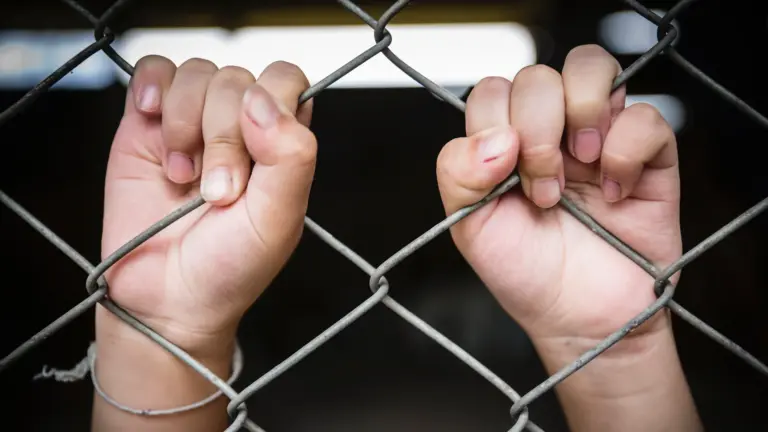
Applying ecological systems theory to juvenile legal system interventions outcomes research: a measurement framework
Intervention research and development for youth in the juvenile legal system (JLS) has often focused on recidivism as the primary outcome of interest. Although recidivism is an important outcome, it is ultimately a downstream marker of success and is affected by changes in other domains of youths’ lives (e.g., family and peer relations, neighborhood safety, local and state-level policies). Thus, the present manuscript proposes the application of ecological systems theory to selecting outcomes to assess intervention effects in JLS intervention research to better capture proximal and distal influences on youth behavior.